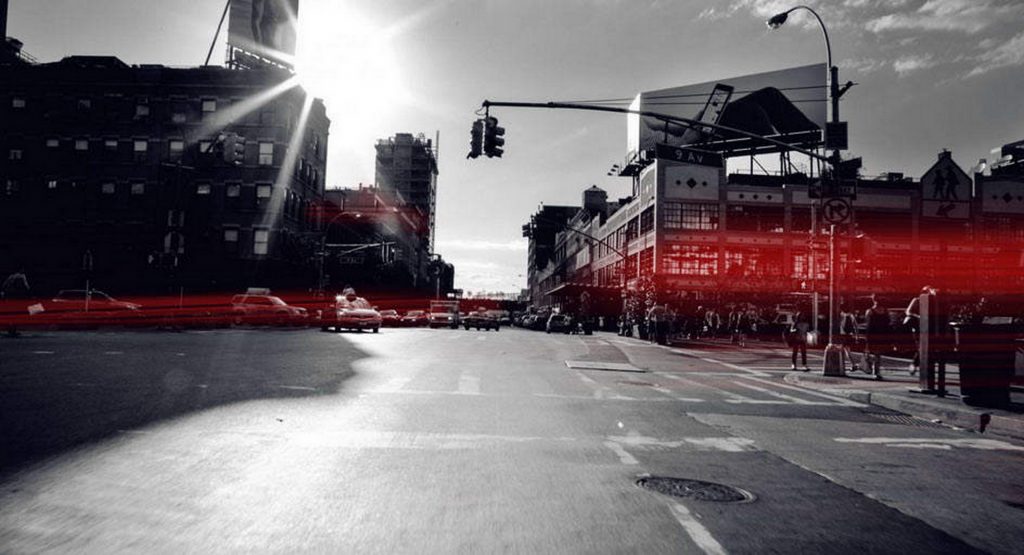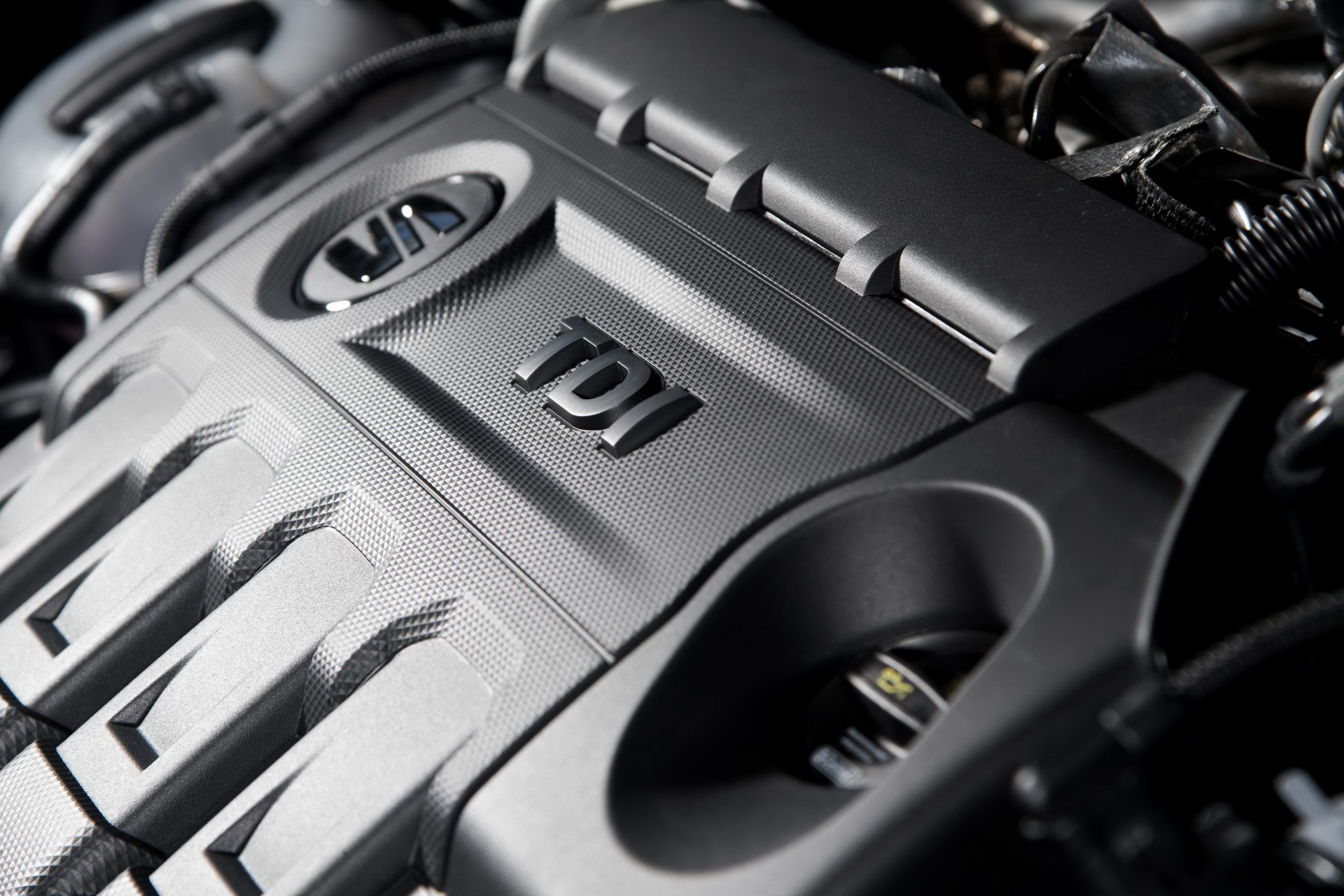Bristol has become the first city in the United Kingdom that has decided to ban diesel cars from its center. More specifically, the Bristol City Council has approved plans to ban all diesel cars from a small area of the city center between 7 am and 3 pm in a bid to improve its poor air quality.
Also, as Auto Express reports, a wider clean air zone will cover a larger area. Before the council can implement the ban and the clean air zone from next year, though, it first needs to get approval from the central government. If it does, the measure will be enforced by ANPR – Automatic Number Plate Recognition – cameras.
According to sources, this won’t affect privately-owned cars, but diesel-powered lorries, vans, buses and taxis, who will be forced to pay a fee. Taxis and vans will be charged £9 per day, while HGV operators will have to pay £100 to enter the wider zone.
Related: Denmark Wants EU To Phase Out Diesel And Petrol Vehicles From 2030
“These ambitious plans demonstrate our commitment to tackling air pollution so we meet legal limits within the shortest time, without disproportionately affecting citizens on lower incomes which would happen with a blanket approach to charging vehicles”, the Mayor of Bristol, Marvin Rees, said.
“Protecting the most vulnerable people from pollution is central to these plans and we have ensured that all impacts have been carefully considered. If approved, mitigation measures will support those most affected, especially those living in the most deprived communities.”
Nicholas Lyes, head of roads policy at the RAC, commented: “We recognize that efforts must be made to clean up the city’s air but as things stand, the impact of the proposals published today on people who currently drive diesel vehicles would be unprecedented. That major routes in, out and around the city would become out of bounds, with diesel vehicles forced onto other roads, which risks causing congestion problems where they don’t exist at the moment.
“Bristol has bold plans to improve its public transport system, but major improvements like its mooted rapid transit system or even more park and ride sites are still many years from becoming a reality. In the meantime, many drivers are faced with having to use their car for journeys in and around the city simply because there are no affordable, reliable alternatives. This would become more difficult under these plans.”
Lyes also pointed out another important parameter: that there are drivers of diesel-powered cars who are still into a finance package and will be forced to pay a penalty if they terminate it earlier. Moreover, those who driver older cars would have to switch to something newer – again, something that’s not financially feasible for everyone.




